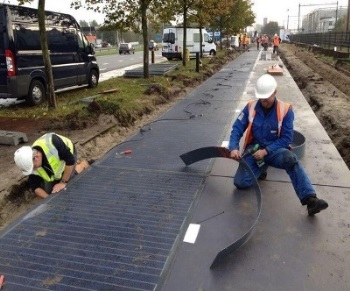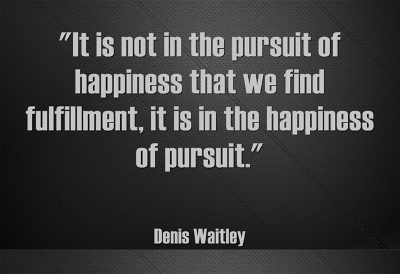I am always struck by how experts can easily become arrogant and ego-driven, and how widespread this issue is, in particular among scientists. It is actually quite rare to find experts that remain sufficiently open-minded to consider potentially contradicting evidence without trying first to dismiss it based on their expertise.
This is a significant hurdle in a number of practical situations and needs to be overcome (without creating screams and damaging egos).
 At the start of my professional career I toyed with the idea of going into scientific research. So I took the opportunity to work in an applied research lab. What struck me quickly was how arrogant most of the senior scientists were. It was the arrogance born out of expertise in an area. They thought they knew. As it happened that I brought in some novel ideas in a certain field, the debate was not scientific about ideas but immediately became ego-driven. And emotionally loaded it was! People screamed and finger-pointed on the basis of a detail in a remote scientific field.
At the start of my professional career I toyed with the idea of going into scientific research. So I took the opportunity to work in an applied research lab. What struck me quickly was how arrogant most of the senior scientists were. It was the arrogance born out of expertise in an area. They thought they knew. As it happened that I brought in some novel ideas in a certain field, the debate was not scientific about ideas but immediately became ego-driven. And emotionally loaded it was! People screamed and finger-pointed on the basis of a detail in a remote scientific field.
Of course, this attitude is not scientific; in science a theory only holds until someone finds contradictory evidence, and at that point a new, a better theory must be developed.
This expert arrogance is a significant hurdle for multidisciplinary work, and also for improving science. It needs to be dealt with forcefully at times to enable discussion and progress.
I find the best approach with those arrogant experts is to show to them that the problem at stake is not fully contained in their field, but maybe only touching, or at least that their opinion is not going to be questioned in the narrow field of their expertise. Hence you need first to determine on what exact limits the expert considers himself to know everything; and then make sure that your problem goes beyond. You will be able to get the recommendation of the expert, and adapt or dismiss it without creating an ego issue, because the problem is in an other area! If you have several experts in different fields it works the same. This gives the freedom to aggregate all those expert opinions.





 As an engineer by formal training, I still fill-in ‘Engineer’ when asked for my profession on official documents. In reality it has been a while since I crunched engineering problems, and I did a few identity-changing work and study (coach, senior manager, writer…), but I still feel like I apprehend problems with my engineer’s mind.
As an engineer by formal training, I still fill-in ‘Engineer’ when asked for my profession on official documents. In reality it has been a while since I crunched engineering problems, and I did a few identity-changing work and study (coach, senior manager, writer…), but I still feel like I apprehend problems with my engineer’s mind.





